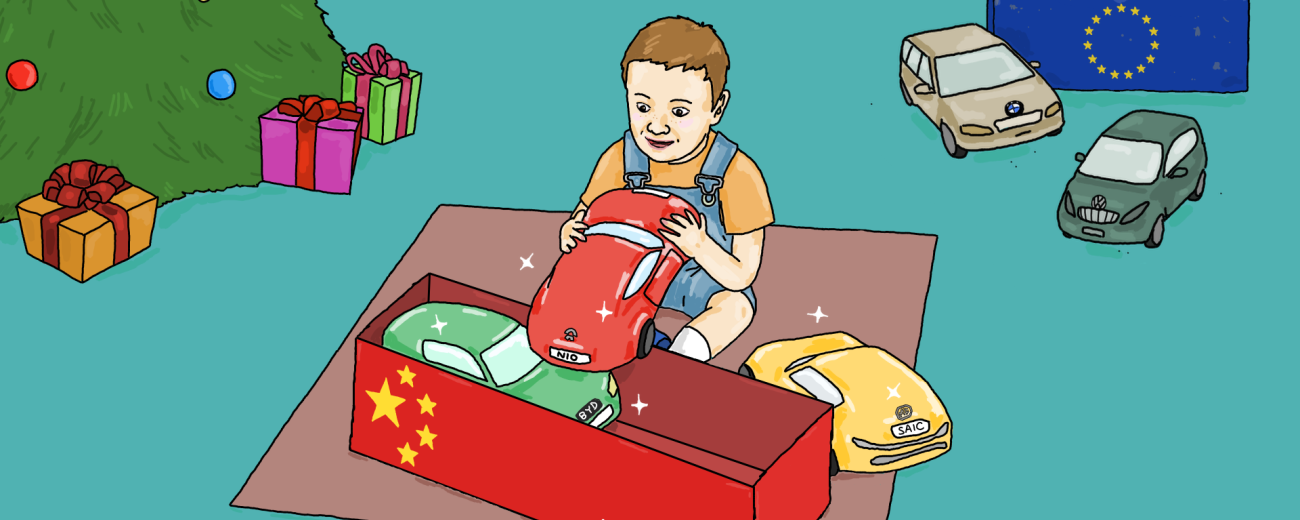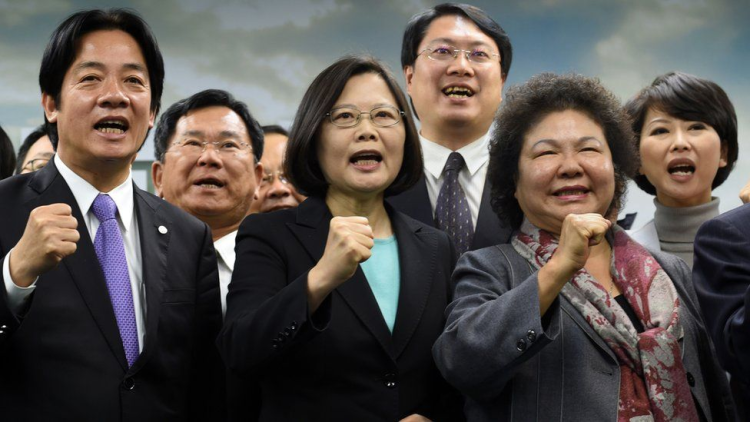
Made in CEE? Taiwanese chips and Chinese cars in the European auto industry

Key information
- Date
- Time
-
3:00 pm to 5:00 pm
- Venue
- Senate House (Paul Webley Wing)
- Room
- SALT
- Event type
- Event highlights
About this event
In this event, we are delighted to welcome Dominika Remžová to give a talk on the shifting dynamics of Chinese EV investments and Taiwan’s chip diplomacy in Central and Eastern Europe, examining how these developments intersect with the EU’s de-risking agenda and the global automotive industry’s core-periphery dynamics.
Since the EU announced its anti-subsidy probe into made-in-China electric vehicles (EVs), Chinese manufacturers have increasingly localised their production in Central and Eastern Europe (CEE) to avoid potential tariffs. The Visegrad Four (V4) states of Hungary, Poland and Slovakia have attracted much of this greenfield investment.
While this influx of Chinese investment may accelerate the EU’s green and digital transitions and enhance electromobility in the V4 states, it raises significant concerns. Not only does it threaten the competitiveness of European automotive companies, but it further deepens the EU’s dependency on China at a time when the bloc is actively pursuing its de-risking agenda.
Meanwhile, the Taiwan Semiconductor Manufacturing Company’s (TSMC) foundry in Dresden, Germany, which will focus on the production of automotive chips, signifies a key step toward enhancing the EU’s technological sovereignty by building the bloc’s critical tech capacities. And although, once operational, the foundry could reduce the EU’s reliance on made-in-Taiwan semiconductors, it also offers Taiwan new diplomatic opportunities to strengthen its relations with the EU and its CEE member states, especially the V4 states that are closely integrated into German supply chains. Moreover, considering Taiwan’s position in the Indo-Pacific supply chains, the EU-Taiwan cooperation on semiconductors may further bolster the EU’s engagement with the region.
This talk will examine the opportunities/challenges faced by Taiwan’s chip diplomacy in a European sub-region increasingly dominated by Chinese EV investments, against the backdrop of the EU’s de-risking agenda. Drawing causal inferences in a critical realist manner, the analysis is framed by a historical materialist approach, with a focus on core-periphery dynamics within the global automotive industry.
Image via CHOICE
Meet our speaker
Dominika Remžová is an ESRC-funded 1+3 PhD student in Politics and International Relations at the University of Nottingham, where her research focuses on IPE-related topics with regards to China and Taiwan. Dominika is also an Editor at the University of Nottingham’s Taiwan Research Hub and a China Analyst at the Association for International Affairs (AMO), Czech Republic, where she specialises in topics related to Chinese economy, with a particular focus on industrial policies, supply chains, electric vehicles, and critical raw materials.
Her PhD project examines the relationship between the positions of different Central and Eastern European (CEE) states in global value chains and their respective foreign policies towards China and Taiwan, focusing on the V4 states, green and high-tech industries. She holds a BA (Hons) degree in Chinese Studies from the University of Manchester and an MA degree in Taiwan Studies from SOAS, University of London.



